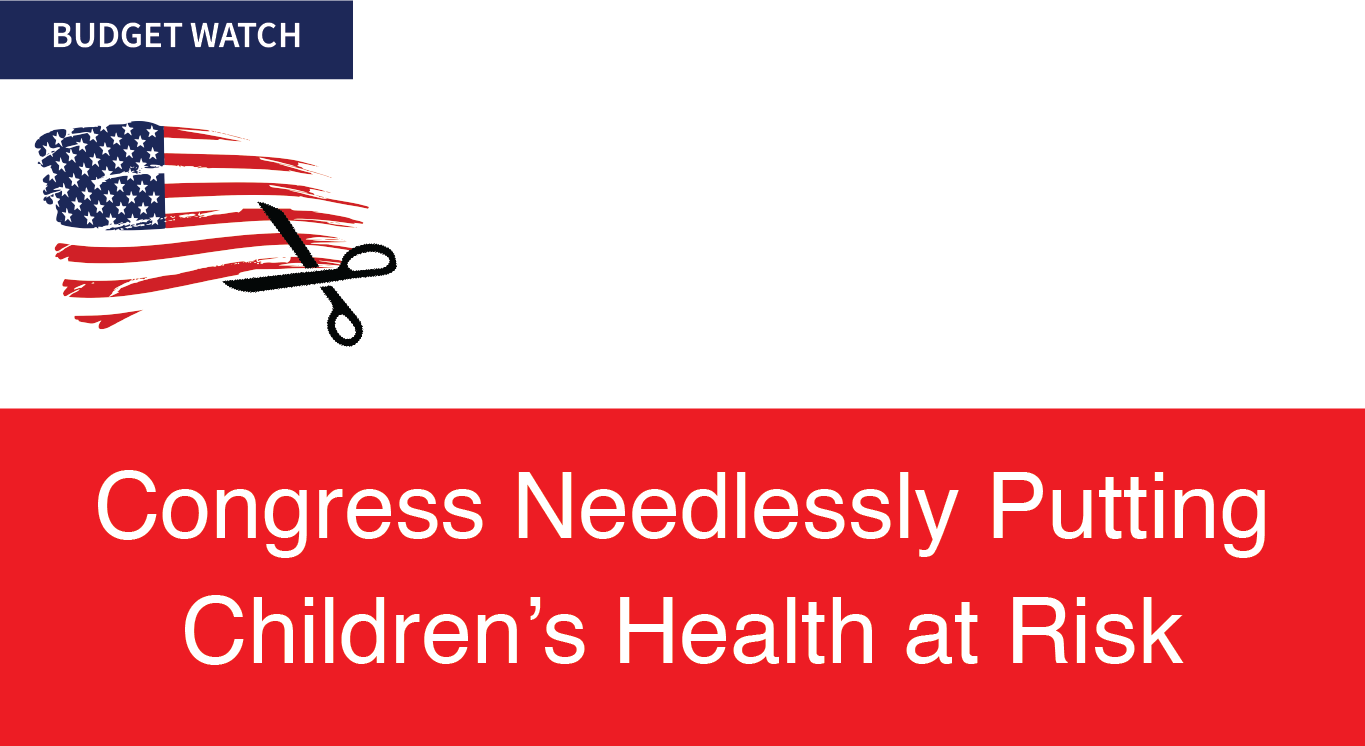News Brief
By Abigail Kramer
A crisis in children’s health insurance may be coming to New York State.
State officials could start sending termination letters to families on its Child Health Plus insurance program as soon as early December—a development that was first reported by Politico, and which would put New York in the company of nearly a dozen other states around the country.
Child Health Plus is New York’s version of the Child Health Insurance Program, or CHIP, a 20-year-old initiative that provides low-cost health coverage to children and pregnant women whose families don’t have employer-provided health coverage or who earn too much to qualify for Medicaid but too little to afford health plans on their own. CHIP is a widely popular, bipartisan program that has contributed to reducing the uninsured rate among kids to less than 5 percent, in addition to helping millions of children access immunizations, checkups, and ongoing treatment for chronic conditions.
In New York, the program covers more than 350,000 children, including approximately 133,000 in New York City.
Congress allowed the program to lapse at the end of September, when federal lawmakers—who were, at the time, embroiled in a battle over repealing the Affordable Care Act (ACA)—missed a deadline to reauthorize federal funding. In the two months since CHIP authorization ended, both houses of Congress have been preoccupied with ill-conceived tax-slashing legislation.
A few states have received emergency money to keep their CHIP programs going, while the rest have relied on funds left over from previous years. In New York, officials estimated that they could maintain full enrollment through December, according to a survey by the Kaiser Family Foundation. And many lawmakers and advocates assumed that Congress would act to save the program before enrollees had to be terminated.
However, the program has been caught up in partisan political maneuvers. The Senate passed a CHIP reauthorization bill in September that didn’t specify where new CHIP money would come from. Then the House of Representatives passed its own CHIP bill in early November, with a series of budget offsets—or "pay fors"—that were bound to be rejected by Democrats, including cuts to a public health fund created under the ACA, a shorter grace period for people who miss payments on marketplace insurance plans, and a raise to premiums for high-income Medicare recipients.
Chances are minimal that it will be possible to reconcile the House bill, in its existing form, with that put forward by the Senate.
It remains possible that CHIP funding will be included in an omnibus government spending bill needed by December 8 to continue federal government operations. Congressional action also is required by that date to extend the debt limit. It is far from certain, however, that this Congress can reach agreement in time to avert broader damage to the government’s ability to function, including what should have been the routine reauthorization of CHIP.
Meanwhile, states must give CHIP recipients time to make plans before cutting off their benefits—thus, the imminent possibility of termination letters in New York.
Even if the program is saved, those letters could lead to confusion, causing families to stop paying premiums and drop off the Child Health Plus rolls. Big picture: It’s one more way in which federal lawmakers could weaken access to health care—even without repealing the ACA.

